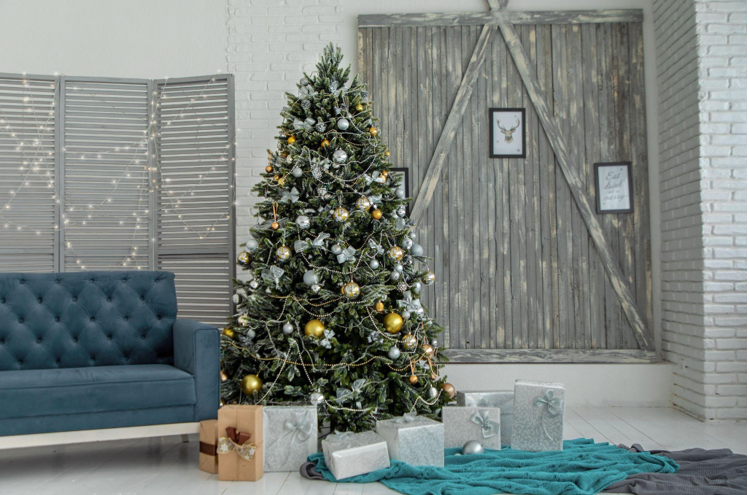The Origins of Christmas Ornaments in the Middle East
For many worldwide, the holiday season is a time for cherished traditions. One such tradition is the decoration of Christmas trees with ornaments, ranging from glittering lights to intricate baubles and figurines. While this tradition is often associated with Western countries, the origins of Christmas ornaments can be traced back to the Middle East.
During the Babylonian Empire, which lasted from the 19th to the 6th century BCE, the Persians celebrated the winter solstice with a festival known as Yalda Night. This festival involved lighting fires to symbolize the rebirth of the sun and the defeat of darkness. Over time, this tradition evolved to include decorating evergreen trees with fruits and nuts, which later became the ornaments we know today.
Christmas Ornaments and Mediterranean Food
In addition to their historical significance, Christmas ornaments have also become a beloved part of the cultural traditions of many Middle Eastern countries. For example, in Lebanon, decorative ornaments known as “Kornet el Sawda” are often made from local materials such as pine cones and dried fruit.
Many Middle Eastern countries also have a rich culinary tradition, and it should come as no surprise that food often plays a central role in their Christmas celebrations. One popular festive dish in many Mediterranean countries is the roast lamb or beef, often accompanied by traditional sides such as hummus, tabbouleh, or stuffed grape leaves.
The Evolution of Christmas Ornaments in a Modern World
As the world becomes more interconnected, many Middle Eastern countries are increasingly adopting more Westernized customs and traditions, including Christmas ornaments. This trend has led to a merging of cultural influences, as the ornaments commonly used in Middle Eastern countries now often feature Western motifs and designs.
In some cases, these Christmas ornaments are also being used innovatively to promote cross-cultural understanding and dialogue. For example, an annual holiday event known as the “Cold Springs Christmas Lights,” held in the desert northeast of Riyadh, Saudi Arabia, features festive decorations and lights surrounding a small lake. The event is open to all and is intended to bring people together in the spirit of the season – regardless of their religious or cultural background.
As the world becomes more interconnected, the traditions and customs of different cultures will continue to overlap and evolve. However, the rich history and cultural significance of Christmas ornaments in the Middle East serve as a testament to the enduring power of tradition and the importance of celebrating our shared humanity.
